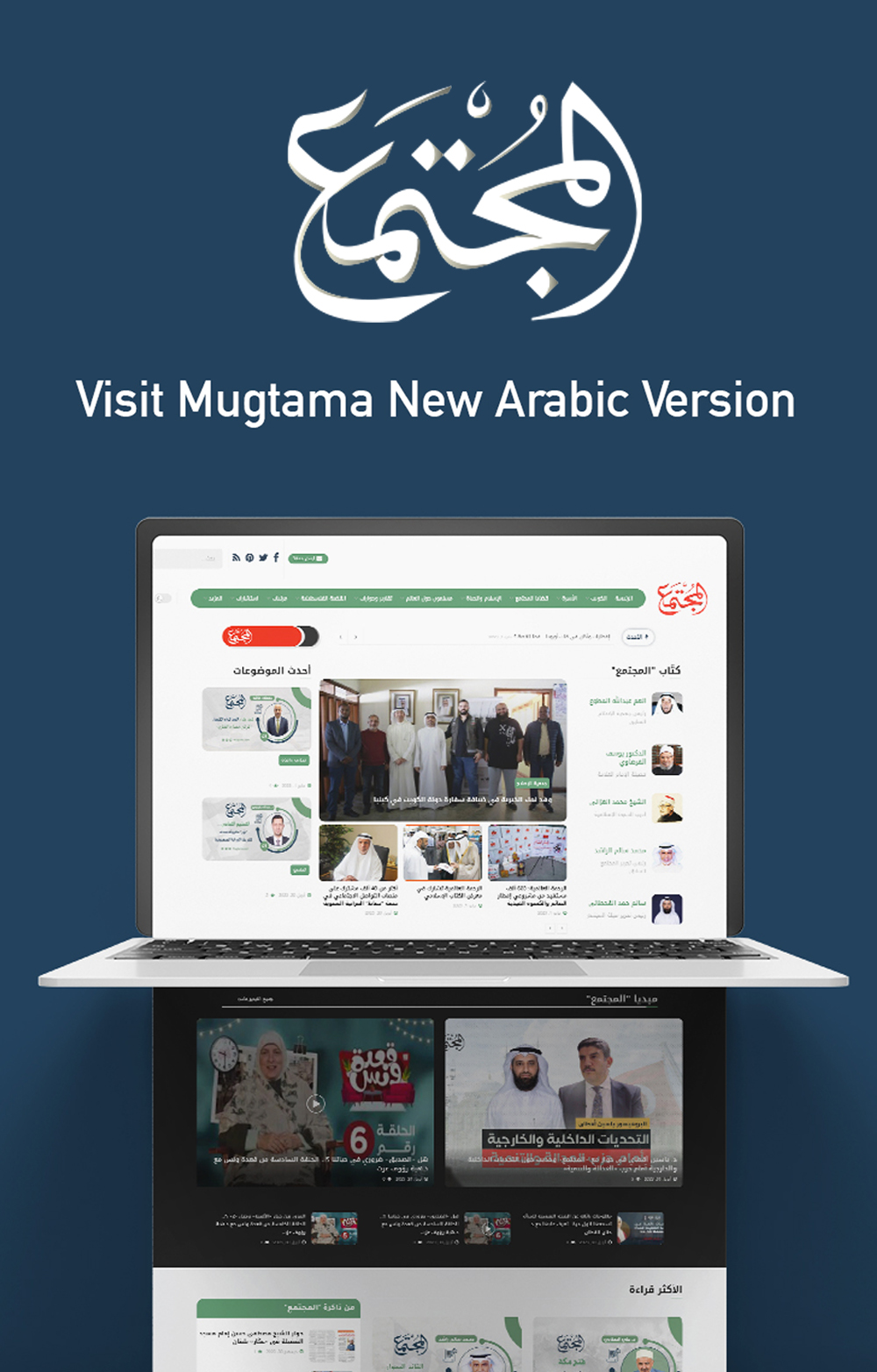The world anticipates new breakthroughs resulting from the accelerated pace of distance learning, with an increasing reliance on modern communication technologies and the internet to provide education anytime and anywhere, gaining new knowledge spaces in what resembles a new invasion of ignorance and darkness.
The history of the development of distance learning dates back more than two hundred years, specifically in 1729, when American educator Caleb Phillips began offering weekly lessons through the Boston Gazette newspaper.
In 1874, the University of Illinois launched the first curriculum system for correspondence education. Later, the radio was used for this purpose in 1922 when the University of Pennsylvania began offering several courses via radio.
Through television, Stanford University initiated a program in 1968 to offer courses to engineering students via a television channel.
A Click Takes the Student to School and University
The interest in distance learning escalated with the emergence of the internet. In 1985, the first online postgraduate programs were broadcast.
With the dawn of the new millennium, interest in distance learning grew, and it became a major complement to school and academic education.
Statistics indicate that the e-learning market exceeded $315 billion in 2021 and is expected to reach $457.8 billion globally by 2026.
A Better Future
Distance learning will continue to evolve and transform in the future, with modern and innovative technologies providing new opportunities to improve its quality and enhance accessibility worldwide, according to Dr. Hassan Makawi, former Dean of the Faculty of Mass Communication at Cairo University. He added that distance learning managed to overcome the repercussions of epidemics, such as the coronavirus outbreak.
Dr. Makawi told Al-Mujtama that modern technologies have enabled unprecedented possibilities for interaction and communication between teachers and learners, pointing to the potential of blending direct learning with distance learning.
Free Internet Will Open More Doors of Knowledge
Dr. Makawi stressed the importance of familiarizing students with modern technologies and providing them with all possible resources, such as the internet, tablets, and devices for distance learning, to address the problem of overcrowded classrooms faced by poor countries.
However, Dr. Makawi hinted at the negative impacts of distance learning, such as students experiencing isolation and possibly disconnecting from society. He emphasized that face-to-face learning remains the best option, as it allows for instant and natural interaction without any difficulties.
Investing in Technology
Meanwhile, Abdel Hafiz Tayel, Director of the Egyptian Center for the Right to Education, believes that books remain indispensable and are the best educational tool, which cannot be replaced. Distance learning, he said, complements books and serves as an additional tool.
Tayel added that technology is a tool in the hands of students or teachers, enabling them to access information in diverse, faster, and better ways than traditional methods. Nonetheless, he noted that studies indicate that some countries focus on distance learning only at the university level, neglecting its earlier stages.
He continued by stressing the need for a robust infrastructure and strong internet connectivity to maximize the available tools, in addition to opening up information sources to students.
Distance Learning Successfully Overcame the Coronavirus Pandemic
Modern Platforms
On his part, teacher Gamal Al-Tawil, a mathematics supervisor in one of Egypt's governorates, highlighted the capacity of modern educational technologies to open new horizons capable of transforming the world’s future.
He pointed out that education evolved from traditional display devices to electronic whiteboards, smartboards, tablets, and numerous distance learning programs, which played a significant role in overcoming the challenges posed by the coronavirus pandemic.
Al-Tawil explained that there are many educational platforms available online, offering a wide variety of educational and training courses. Among them is the LMS platform, which some Arab countries have established as a comprehensive guide for students, teachers, and parents, making learning enjoyable and empowering students to visualize their lessons.
He concluded by saying: From here, we can reach the farthest point, as there are no longer barriers to learning, especially with digital transformation and the technological advancements the world is witnessing in the field of information technology.
-------------------------------------------------------------


